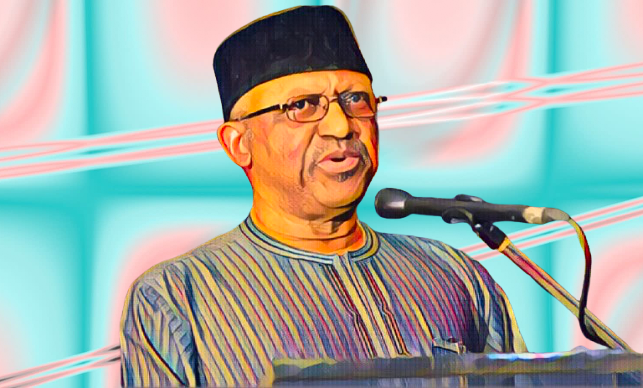KEY POINTS
- New facilities aim to improve healthcare and reduce medical tourism.
- Digital initiatives focus on quality care and patient feedback systems.
- The government targets affordable dialysis and critical care services nationwide.
The federal government is to further increase its drive to advance tertiary healthcare needs in Nigeria due to increasing medical tourism.
This was made crystal clear by Dr. Iziaq Salako, the Minister of State for Health and Social Welfare, recently when performing the ceremonial inauguration of several new projects at the Federal Medical Centre (FMC), Abuja, for enhanced and improved healthcare delivery.
During the event, Salako highlighted President Bola Tinubu’s commitment to making quality healthcare accessible to all Nigerians, describing it as a cornerstone of the administration’s agenda.
Upgraded facilities to meet critical healthcare needs
The minister inaugurated a 64-bed ward extension and a three-story clinical services building equipped with a renal unit and 18 hemodialysis beds.
These upgrades are meant to solve some of the existing problems, including lack of enough bed space and such specialized services as organ transplants, especially the kidney.
“These infrastructures are critical additions to our tertiary healthcare system,” Salako stated. “They bring us closer to addressing the need for patients to travel abroad for care.”
According to Punch, he urged FMC Abuja’s staff to prioritize patients by offering empathetic and professional services, noting that “humanness” in healthcare delivery is just as essential as state-of-the-art infrastructure.
Digitalization and affordability in healthcare delivery
Salako also announced plans to deepen digital transformation in tertiary health institutions through the Nigeria Digital in-Health initiative.
The program seeks to address issues concerning patient feedback as well as overall service delivery.
To make healthcare more affordable, Salako highlighted a federal government initiative that reduces dialysis costs by 80 percent in selected tertiary hospitals.
FMC Abuja, he said, is a strong candidate to join this initiative, especially given its recent infrastructural improvements.
“We’re focused on outcomes rather than outputs, prioritizing patient experience and quality care over infrastructure sophistication,” Salako emphasized.
Challenges and vision for the future
Prof. Saad Ahmed, the Chief Medical Director of FMC Abuja, described the hospital’s development in the delivery of added specialized services like heart operations, neurosurgery operations, and in vitro fertilization (IVF).
These, he said, include the inadequate oxygen supply and space to contain the increasing number of patients.
“Our outpatient numbers have grown from 5,000 monthly in 2020 to over 25,000,” Ahmed said. “We urgently need additional land and resources to continue providing quality care.”
The minister, therefore, to the hospital of the federal government’s commitment to finding solutions to these challenges, promised to lobby for more funds and other intervention measures to complement the increasing demand and need among the citizens for health care services.


